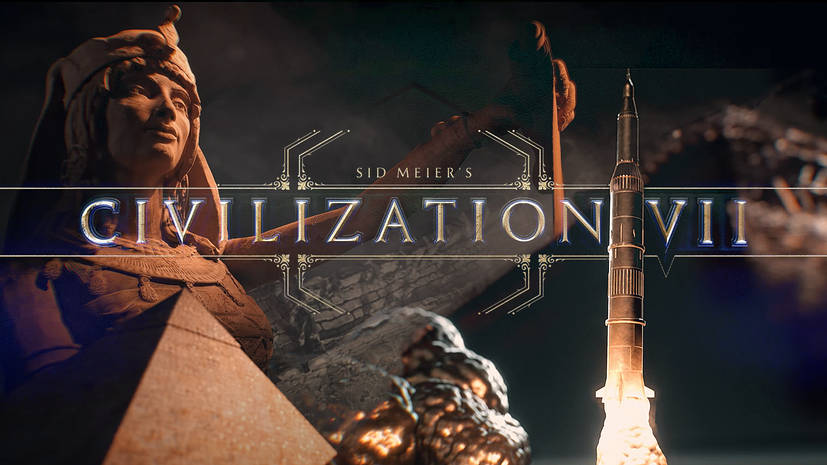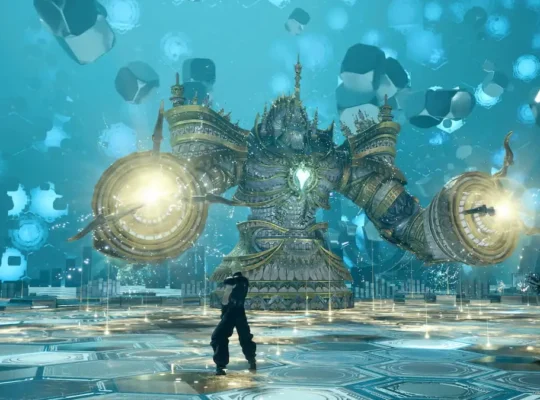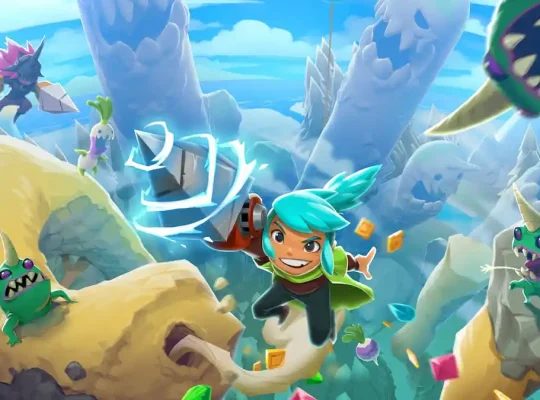Civilization VII, the latest installment from Firaxis Games, marks a groundbreaking chapter in the illustrious strategy series. Released on February 11, 2025, this new entry enhances the 4X (explore, expand, exploit, exterminate) gameplay that fans have come to love while introducing innovative mechanics that breathe fresh life into the franchise. After exploring the game for over 60 hours, I can confidently say that Civ VII is a remarkable evolution, even as it grapples with some growing pains.
A Bold Reinvention
Civilization VII is not just another sequel; it aims to reinvent how players engage with the series. The significant departure from earlier titles is the introduction of an age-based progression system, splitting gameplay into three distinct historical eras: Antiquity, Exploration, and Modern. Each age represents a complete micro-game, offering unique victory paths and a chance to transform your civilization as you progress.
This system allows for dynamic gameplay, encouraging strategic shifts that keep matches fresh and engaging. For instance, your initial culture and military success can set the stage for how you evolve your civilization in subsequent ages, a concept that adds a layer of complexity to the traditional Civ formula.
Striking Visuals and Engaging Sound
Visually, Civilization VII is nothing short of stunning. The game features breathtaking landscapes, detailed cityscapes, and beautifully designed unit animations. Players can zoom in on their bustling cities or sprawling fields and see the intricacies of their civilizations come to life. The auditory experience is equally immersive, with each civilization’s distinct soundtrack and voiceovers provided by actress Gwendoline Christie.
Enhanced Mechanics and Diplomacy Systems
The game introduces several new gameplay mechanics that enhance both the depth and accessibility of strategic planning. For example, the new Commander units streamline military management by allowing players to move entire armies with a single unit, simplifying large-scale warfare. However, the diplomacy system, while functional, feels lacking compared to its predecessor, with fewer negotiation options and a more rigid framework for alliances and conflicts.
One noteworthy addition is the Legacy Paths system, which gives players overarching strategies and objectives to pursue within each age. This not only provides a structured narrative but also encourages diverse play styles and strategies.
Mixed Reception Yet Promising Future
While many applaud Civ VII for its fresh take and engaging gameplay, some critics have noted areas needing improvement. Mixed reviews have emerged, particularly regarding interface navigation and some oversimplification of complex systems used in previous titles. Developers Firaxis have acknowledged feedback from the community and are committed to delivering updates to address these concerns.
Despite these challenges, the core experience of chasing “just one more turn” remains intact, a hallmark of the Civilization franchise. Many players find themselves losing hours in the game, mirroring the addictive nature of earlier titles.
Conclusion: An Exciting New Chapter
Overall, Civilization VII successfully blends innovative mechanics with the rich historical context that has defined the series for over three decades. It invites both new players and longtime fans to experience the joy and complexity of empire-building through a modern lens. As Firaxis continues to refine and expand the game through updates and DLC, Civ VII stands poised to cement its place within the pantheon of strategy games.
While it may take a few steps back in certain areas, the leaps forward make Civilization VII a fresh addition to a legendary franchise worth exploring for any strategy enthusiast. Prepare to lead, conquer, and reshape history in a way that only Civilization VII can offer.
► Link your 2K Account to unlock Napoleon in Civ 7: https://2kgam.es/Napoleon










